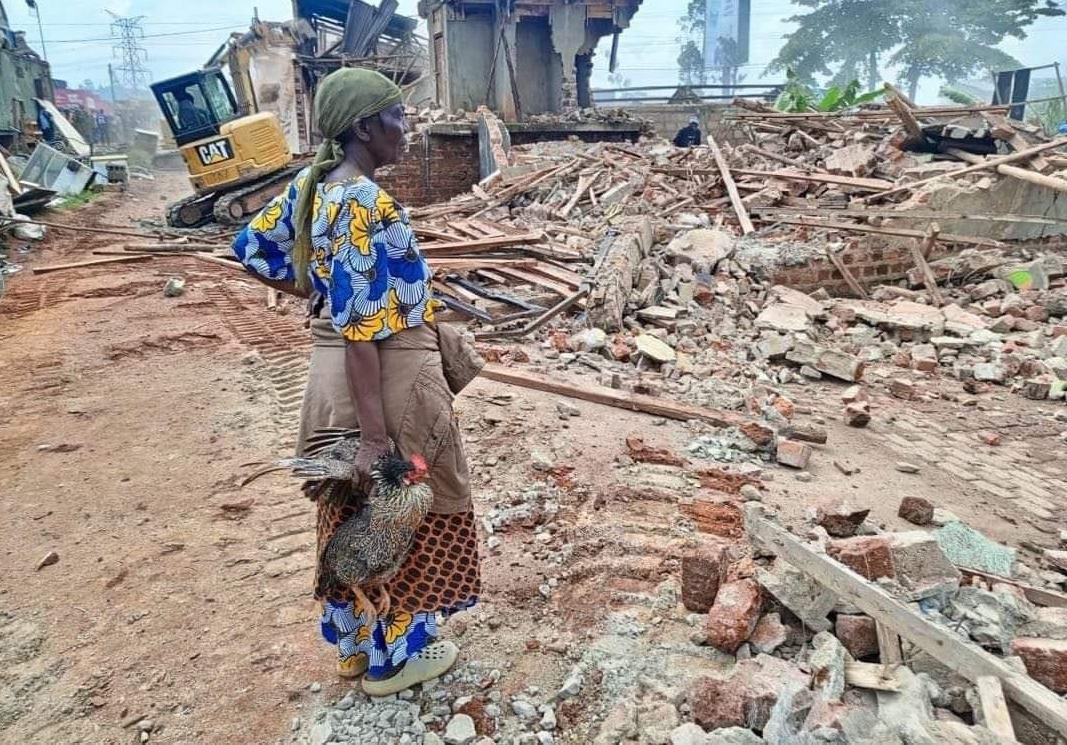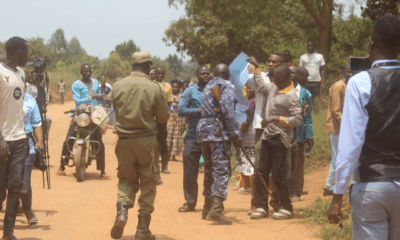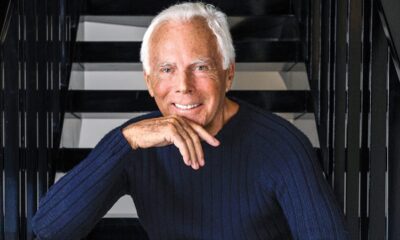News
NEMA cautioned on selective application of the law in wetland restoration

Victim of NEMA’s eviction of persons from Lubigi wetland
Environmental activists have welcomed the move by the National Environment Management Authority (NEMA) to evict people who have encroached on wetlands, but they disagree with selective application of the law.
NEMA intensified evictions of people encroaching on wetlands as the country strives to protect specific ecosystems and reduce the effects of climate change.
Some Ugandans argue that the government is selectively enforcing these regulations, primarily affecting poorer communities while allegedly overlooking more affluent encroachers.
Bashir Twesigye, the Executive Director at Civic Response on Environment and Development (CRED) explains that the depletion of wetlands and Lake Victoria, parts of the country are experiencing long dry spells, leading to the destruction of crops, and weather conditions are becoming more unpredictable.
Twesigye notes that evictions are necessary to restore and protect wetlands, which are vital for the country’s ecological health and climate resilience.
“We see petrol stations staying, we see the good houses staying and if you are enforcing a legalisation, I think its important that you are consistent, that you are not seen enforcing the law selectively. you must enforce the law for everyone, so NEMA has not evicted those petrol stations and the big houses we see, I hope that should be their next step that they are also going evict those petrol stations and those big houses so that it gives comfort and confidence to everyone that the law is being applied fairly and to everyone. But also, to the general public it is important that we recognise the importance of the Environment for own livelihoods”-Twesigye said.
In response to the accusation of selective application of the evictions, Barirega Akankwasah, the NEMA Executive Director said that some of the people with such infrastructure received the approval of NEMA in the past.
Giving an example of a petrol station that has a certificate issued by NEMA in 2017, 2011, and 2020, Barirega said now, when the same institution issued these certificates, the same institution cannot come and demolish the structures. That becomes a challenge.
“I cannot go and enforce where the law has not been broken. And that is what people are calling selective enforcement, but in our view, it is not selective enforcement because selective enforcement would mean you have committed a crime, and you are left untouched”-Barirega said.
Meanwhile Twesigye is not convinced with the funds allocated to climate change crisis management in the financial year 2024/25.
He said that as a country, we must put resources if we think this is a priority, which is indeed a priority.
“when you look at the climate disasters that this country is facing , if you are to quantify them in monetary terms how much money we have losing as a country because of climate disasters , talk about floods, talk about the drought, now the seasons are completely unpredictable, a farmer does not know when to plant , I think the cost is so high and we have not adapted fully to methods like irrigation and other adaptation measures instead what we see is even a reversal of the small things that we have”-Twesigye added
Comments




















